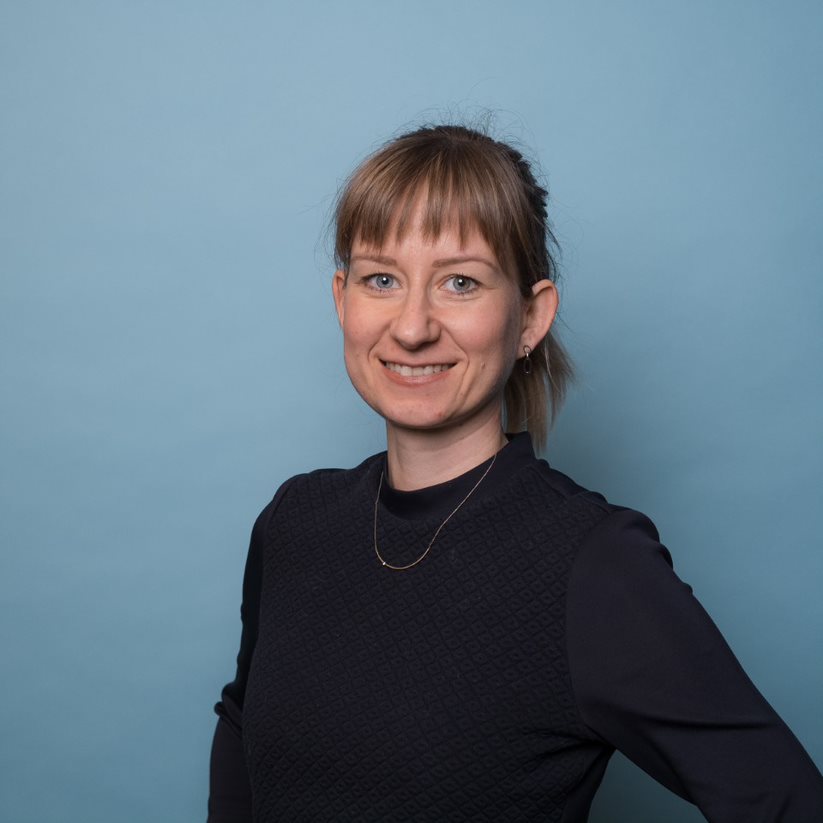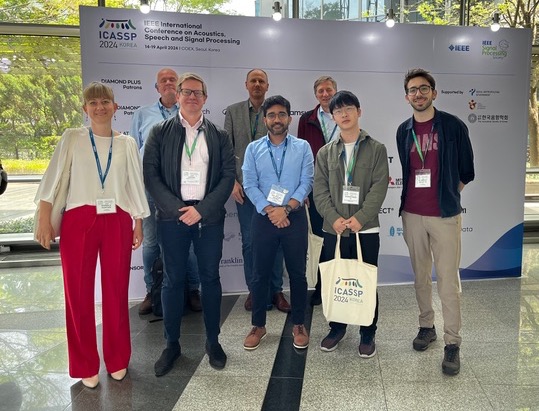News
TU Delft launches first eight TU Delft AI Labs
- Wednesday, 17 June 2020
TU Delft is setting up eight new AI Labs to investigate how artificial intelligence (AI) can accelerate scientific progress. To this end, scientists researching AI will be working together with scientist who use AI in their research. The first of these eight interdisciplinary AI labs will be followed by another sixteen in the course of 2020 and 2021.
Rapid developments in AI, data science and digitalisation can accelerate scientific progress in all fields, ranging from medical science to infrastructural research, and across all levels, from fundamental to applied research. TU Delft is boosting collaboration between AI scientists and scientists in other domains, with the launch of a series of TU Delft AI Labs.
Within the MACHINA Lab, for example, researchers in machine learning work together with materials scientists on the analysis of existing materials and the development of new materials. Within the AidroLab, researchers in geometric deep learning are working with researchers in water management on subjects such as how to improve flood forecasting in the urban environment. Researchers in the CiTyAI-Lab will use a wide variety of data sources to map the impact of the city's 'fabric' on its inhabitants in order to improve the living environment.
Education
AI-related knowledge is indispensable for future generations of engineers and scientists. That is why the labs also aim to strengthen education in the field of AI, data sciences and digitalisation, and to create links with educational programmes in various scientific domains.Investments
TU Delft plans to double its budget in the field of AI, data & digitalisation to 70 million euros per year. These funds will be used for the recruitment of talented researchers, the establishment of research units, the development of educational programmes on AI, data and digitalization, and on the strengthening of collaborations, partnerships and networks.
DeTAIL: Delft Tensor AI Lab
The DeTAIL research lab was proposed by Bori Hunyadi (CAS) and Kim Batselier (3mE), and studies training and innovation in tensor-based AI methods for biomedical signals.Real-life biomedical data is often high-dimensional. Current signal processing solutions artificially segment such high-dimensional data into shorter one- or two-dimensional arrays, causing information loss by destroying correlations between these data. At the same time, advances in biomedical sensor and imaging technology – such as substantially larger recording durations of wearable sensor technology and the unprecedented increase in spatial and temporal resolution of the latest neuroimaging techniques – have led to ever increasing data sets. Tensors (multi-dimensional arrays) are the data structure of choice in artificial intelligence research to exploit the full potential of these data in a timely manner.
Within the DeTAIL Lab, we focus on both the development and application of novel low-rank tensor methods for biomedical signal processing, thereby enabling a much faster training of AI models from large datasets without any loss of accuracy.
We will exploit an as of yet unused property of real-life data; the fact that different modes of data may be correlated. Using tensor decompositions, we can find these correlations as well as compress the data, speeding up computations significantly.
Our findings will, for example, be applied to detect events, such as epileptic seizures, through the classification of multichannel time series data based on labelled training data. We also aim to reveal hidden structure, such as functional networks, in neuroimaging data. As biomedical innovation is a defining characteristic of the TU Delft, we will develop an interfaculty elective course on AI tensor methods to satisfy the expected continual increase in demand for such knowledge
More ...
